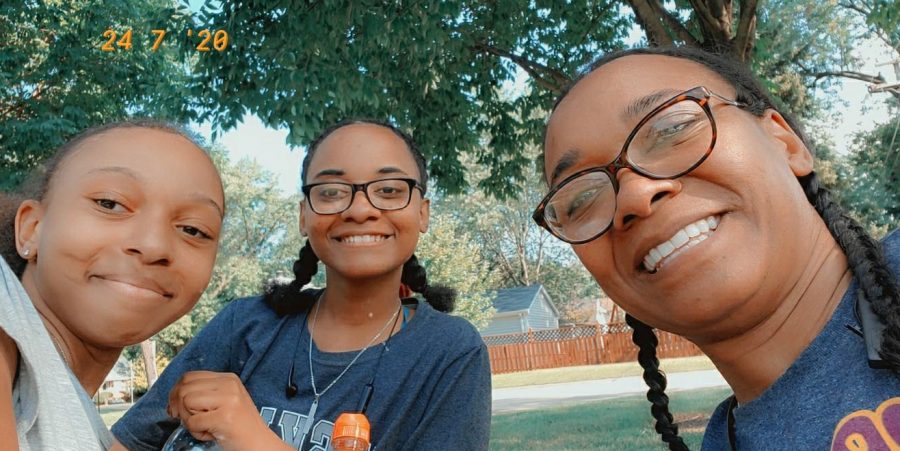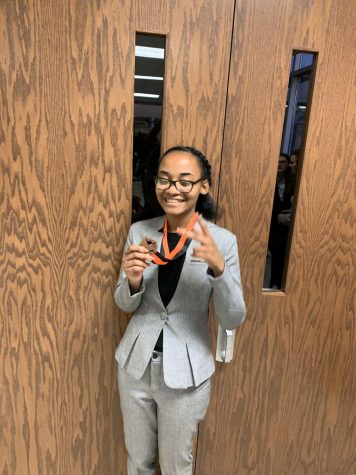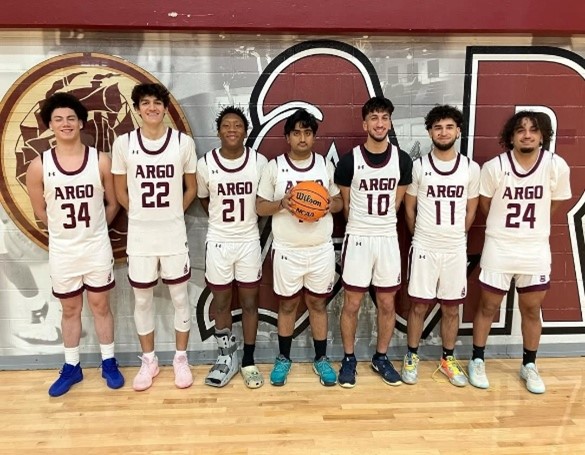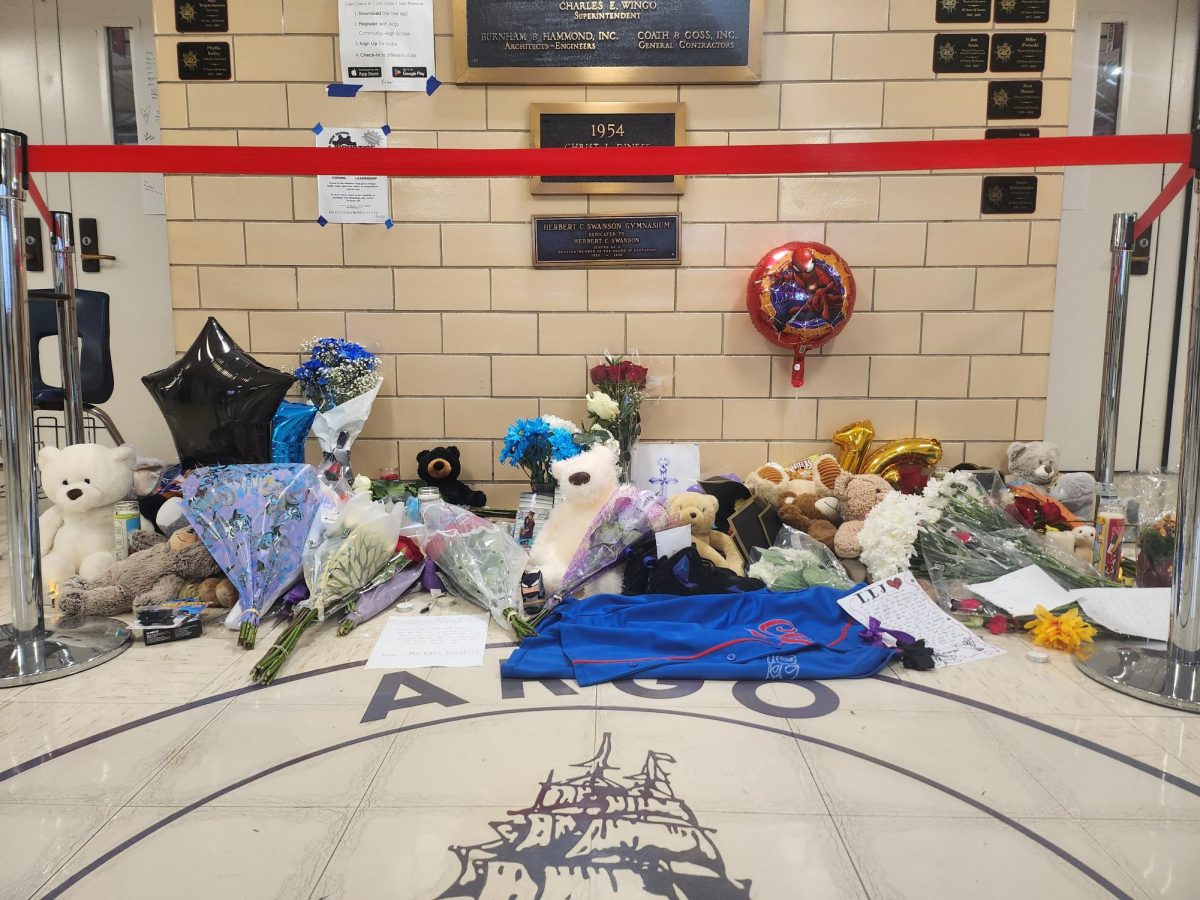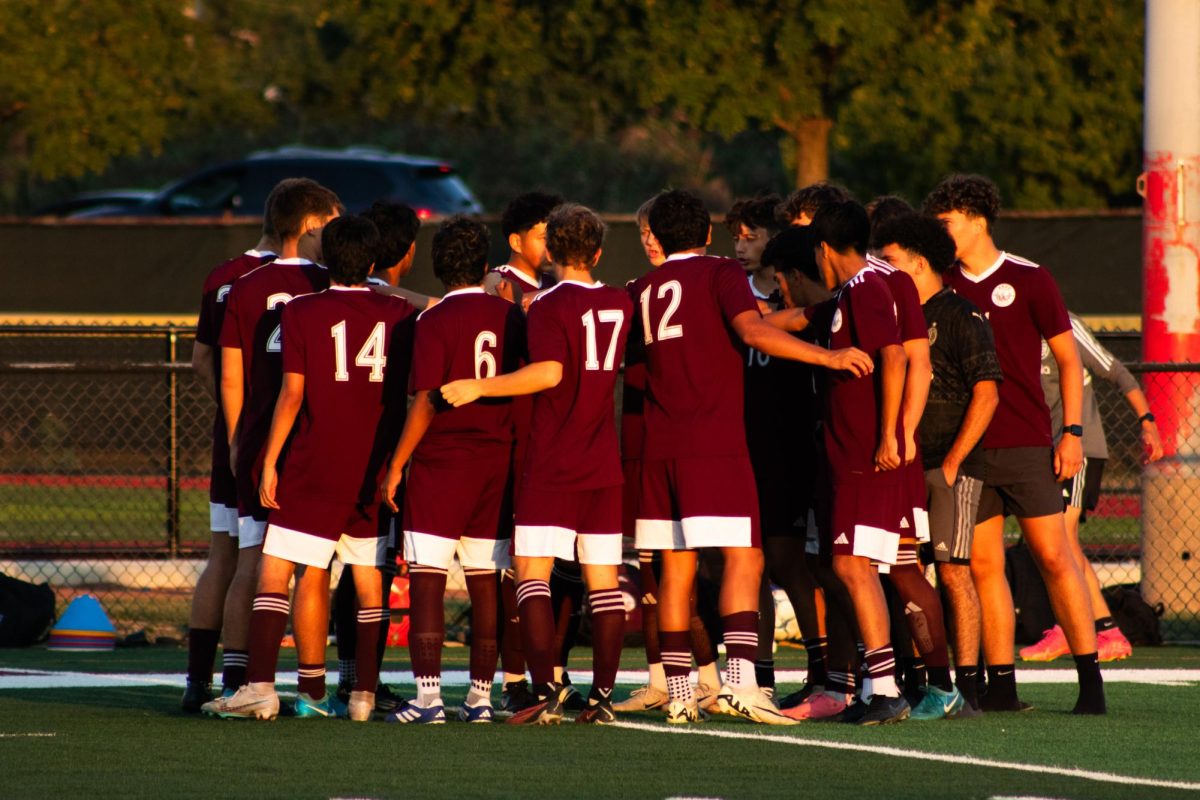Black is Beautiful: Embracing the Crown
October 21, 2020
My hair is my crown. In a world where we all have contrasting shades, backgrounds, and interests, our attributes are what make us unique and help us unite. However, for many black girls, including myself, loving and appreciating your hair is a journey.
It wasn’t until I came to Argo that I began to really see girls my age sport an array of different styles and be confident while doing it. Growing up, I didn’t always have the knowledge of hair that I do today. As a little girl, although I recognized it, I didn’t pay much attention to the different textures of hair in my classes. It wasn’t until middle school that I felt embarrassed and ashamed of being different and for having thicker hair compared to the thin locks of my classmates.
This is at times an unfortunate trend in the Black community. A Daily News article details the support given to a four-year-old black girl who claimed she was “ugly” while getting her hair combed. Her mother posted the experience on Instagram and it caught the attention of millions. Former First Lady Michelle Obama even responded saying, “In a world that sometimes tries to say otherwise, I want to tell you – and every other beautiful, intelligent, brave black girl – just how precious you are.”
For years, I begged and pleaded with my mom to straighten my hair. I wanted so desperately to fit in, for one thing about me to be “normal.” I was a shy kid, not always seeing many brown faces, and I thought maybe if I looked the part, for once I’d make some friends. Little did I know that wasn’t the right way to go about it.
The more research I did about natural styles, the more I learned about the rich history of black hair that many may not know about. The hair care brand, Thirsty Roots, includes a timeline of black hair on their website, offering insight to the importance of appreciating it. They include that Blacks were seen as less than in the Slavery era, and afterward black women who styled their hair more similarly to their white counterparts were seen as more acceptable. This pressure to conform to the expectations of society have extended over decades of discrimination.
As the timeline later points out, it wasn’t until the late 70s and early 80s, when the Jheri Curl hit the Black hair scene and braids crossed the color line that you started to see more and more diversity in the way we style our hair.
When black women wear their hair natural, however, the fear of repercussions may stop some from exploring that side of themselves. An article from BBC News details the story of an unnamed black woman from the UK who after wearing dreadlocks to work was asked by her boss when her hair would return to “normal” in 2016.
She wasn’t the first to be seen as unprofessional for wearing her natural hair at work, and won’t be the last. However, we can only hope that we see less and less of these instances as Black women everywhere stand up for themselves and aren’t afraid to be who they are.
Following my extensive research and many lectures from my mother came a series of braided styles, tight rubber bands, and realizing that I had to love my hair in order to love me. So whether it’s rocking an afro, natural curls, or a set of box braids from time to time, it’s always important to embrace your crown.


